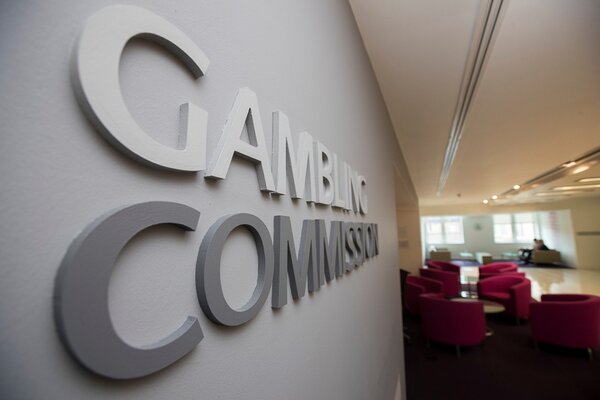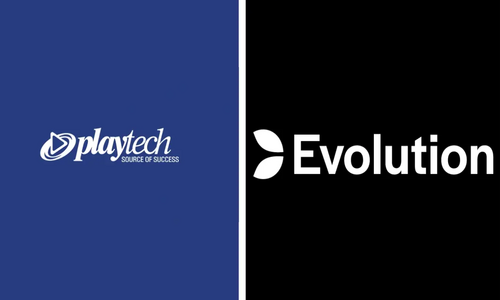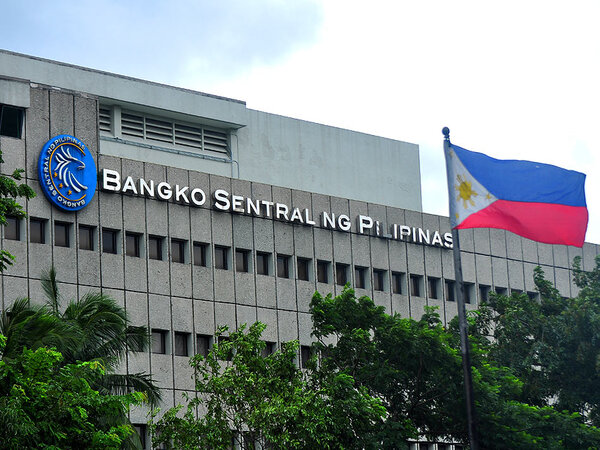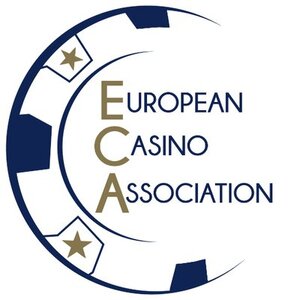
The UK Gambling Commission (UKGC) has issued a reminder to licensees and stakeholders to submit their feedback regarding the proposed changes to the Licence Conditions and Codes of Practice (LCCP) by the deadline of 29 September 2025.
The latest updates outline a number of changes to the Code, the most notable of which concerns Dispute Resolution for Consumer Disputes. The amendments are expected to shift the responsibility of handling consumer disputes to the government, as part of larger changes to UK consumer laws. According to the Commission, these changes will incur no additional costs or responsibilities to the operators themselves.
Last Call for Feedback
The UK Gambling Commission (UKGC) has reminded licensees and wider stakeholders that they have until 29 September to submit feedback and opinion on technical changes to the UK’s gambling rulebook.
This consultation is a result of the enactment of the Digital Markets, Competition and Consumers Act (DMCC) 2024, which represents a comprehensive reform of consumer law in the UK. The Act supersedes the Consumer Protection from Unfair Trading Regulations (CPUTR) 2008 and will also lead to the annulment of the Alternative Dispute Resolution for Consumer Disputes Regulations (ADRR) 2015 when the new provisions take effect in April 2026.
Given that older frameworks are still cited in the LCCP, the Commission seeks guidance on technical amendments necessary to align its rulebook with the new legislation applicable across the UK. The Commission emphasized that these changes are not intended to impose additional responsibilities but rather to ensure that references are consistent with the revised law.
Current Change Proposals
Four proposals are currently under consideration:
- Fair and transparent terms: Modifying Licence Condition 7.1.1 to substitute references to the CPUTR 2008 with the DMCC Act concerning “unfair commercial practices.”
- Marketing requirements: Revising Social Responsibility Code 5.1.9 to ensure that definitions of misleading actions, omissions, and “invitations to purchase” are sourced from the DMCC Act.
- Complaints and disputes: Amending footnote ‘a of Social Responsibility Code 6.1.1 to reference DMCC accreditation rules instead of the ADRR 2015.
- Removal of outdated list: Eliminating footnote ‘b’ of Social Responsibility Code 6.1.1, which referred to a list of approved dispute providers maintained by the Commission that is no longer applicable.
The Commission will also strip outdated references from its website and guidance notes, though that doesn’t require formal consultation.
What this Means for UK Casino Players
Fans of online casinos in the UK are not likely to notice big changes on the user end of things. Though important for the health of the industry, most of these changes are concerned with operators and license-holders rather than gamers. Specifically, they address how user terms have to be prestenred, how they can be marketed, and so on.
The one exception is the change regarding complaints and disputes.
Enhancing consumer redress in the gambling sector was a key requirement of the Government’s Gambling Review and its subsequent White Paper, which advocated for the establishment of a ‘Gambling Ombudsman’ to bolster consumer engagement and facilitate the handling of complaints and unfair practices.
As of 1 May, changes regarding online consent have been implemented. Online operators are required to “offer customers the ability to opt in to the types of products they are interested in receiving and the channels through which they prefer to receive marketing.” Operators must empower customers to manage the direct gambling offers they wish to receive and ensure that marketing is not sent without their consent.
Regarding consent, the White Paper additionally suggested that “the Commission should work to enhance consent for direct marketing in online gambling, providing both new and existing customers with greater options regarding the offers they wish to receive (including the necessity of consent for ‘cross-selling’ new products) and the manner in which marketing is delivered to them.”









































 Roulette
Roulette
 Blackjack
Blackjack
 Baccarat
Baccarat
 Poker
Poker
 Sic Bo
Sic Bo
 Dragon Tiger
Dragon Tiger
 Game Shows
Game Shows  Top 5 Games
Top 5 Games  See more
See more  Roulette Casinos
Roulette Casinos  Low Limit
Low Limit  High Limit / VIP
High Limit / VIP  Exclusive
Exclusive  How to Play
How to Play  Basic Strategy
Basic Strategy  Top Tips
Top Tips  FAQ
FAQ  Blackjack Casinos
Blackjack Casinos  Baccarat Casinos
Baccarat Casinos  Bonuses
Bonuses  Poker Casinos
Poker Casinos  Game Providers
Game Providers  Sic Bo Casinos
Sic Bo Casinos  Dragon Tiger Casinos
Dragon Tiger Casinos  Credit and Debit Card
Credit and Debit Card  e-Wallet
e-Wallet  Cryptocurrency
Cryptocurrency  Bank and Checks
Bank and Checks  Pay by Phone and SMS
Pay by Phone and SMS  See more
See more  How-To Guides
How-To Guides  Top Lists
Top Lists  In-Depth
In-Depth  Strategy
Strategy  Casino & Games
Casino & Games  Insight
Insight  News
News  Promotions
Promotions 
 Guide to Live Casinos
Guide to Live Casinos  Top 10 Live Casino Tips
Top 10 Live Casino Tips  Studio Locations
Studio Locations  FAQ & Help
FAQ & Help  Meet The Dealers
Meet The Dealers  Our Awards
Our Awards  How We Rate
How We Rate  Responsible Gambling
Responsible Gambling 




























 ENG
ENG 

 Facebook
Facebook
 Pinterest
Pinterest
 Twitter
Twitter
 LinkedIn
LinkedIn
 Copy Link
Copy Link 



























